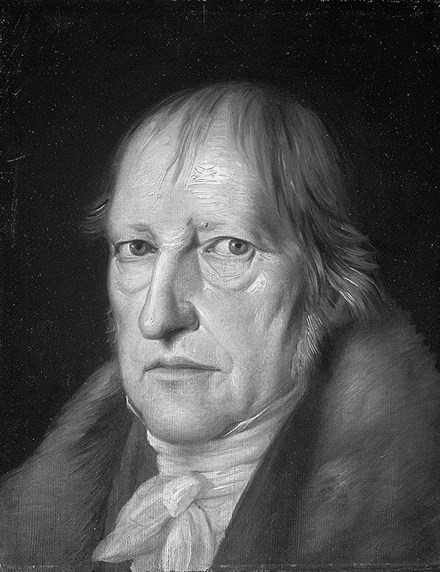
Publication details
Publisher: Palgrave Macmillan
Place: Basingstoke
Year: 2017
Pages: 27-49
ISBN (Hardback): 9783319638973
Full citation:
, "Dialogue, discovery, and an open future", in: Charles Taylor, Michael Polanyi and the critique of modernity, Basingstoke, Palgrave Macmillan, 2017


Dialogue, discovery, and an open future
pp. 27-49
in: Charles W. Lowney (ed), Charles Taylor, Michael Polanyi and the critique of modernity, Basingstoke, Palgrave Macmillan, 2017Abstract
This chapter consists of comments and questions for Taylor led off by David Rutledge, Andrew Grosso, and Phil Mullins. It also includes Taylor's responses to other selected questions. While assorted themes range from the significance of embodiment for knowing to how the philosophical community received Polanyi's ideas, there is a consistent emphasis on the importance of questioning, discussing, and revising our knowledge both in science and in the moral, social, and political realms. Taylor presents the notion of a Hegelian-like progress, but without Hegel's strong faith in reason and conviction in an ultimate point of completion.
Cited authors
Publication details
Publisher: Palgrave Macmillan
Place: Basingstoke
Year: 2017
Pages: 27-49
ISBN (Hardback): 9783319638973
Full citation:
, "Dialogue, discovery, and an open future", in: Charles Taylor, Michael Polanyi and the critique of modernity, Basingstoke, Palgrave Macmillan, 2017

